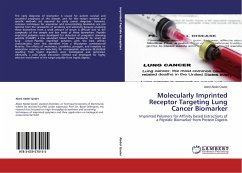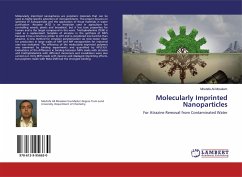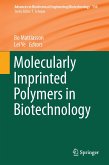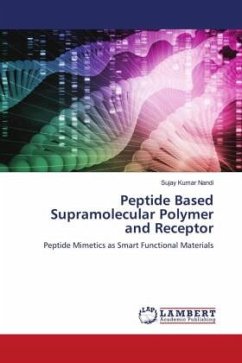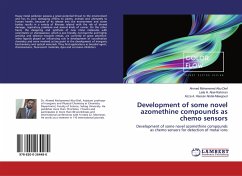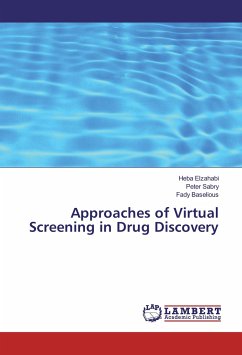The early diagnosis of biomarker is crucial for patient survival and successful prognosis of the disease, and for this reason sensitive and specific methods are required for early cancer diagnosis. However, common techniques for separation and concentrating biomarker are not optimal from the viewpoints of sensitivity and selectivity because analyzing these biomarkers from a small amount of serum is difficult due to the complexity of the sample and low levels of these biomarkers. Peptide imprinted polymers were developed for detection of progastrin releasing peptide (ProGRP); a low abundant blood based biomarker for small cell lung cancer. Peptide imprinted polymers with the best affinity characteristics were first identified from a 96-polymer combinatorial libraries. The effects of monomers, crosslinker, porogen, and template on adsorption capacity and selectivity for nonapeptide sequence NLLGLIEAK resulting from tryptic digestion were investigated and optimized. Ultimately, a solid phase extraction method was developed for highly selective enrichment of the target peptide from tryptic digests.
Bitte wählen Sie Ihr Anliegen aus.
Rechnungen
Retourenschein anfordern
Bestellstatus
Storno

